Chubb fire extinguishers have an aluminum cylinder body and a high resistance to corrosion, resulting in a longer shelf life. They are also up to 37% lighter compared to other metal fire extinguishers, which allows them to be more easily portable.
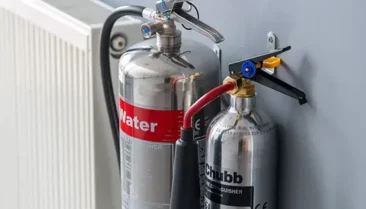
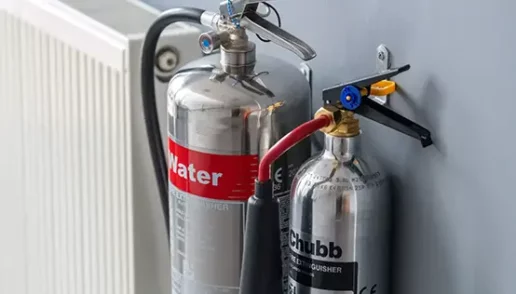
Water fire extinguishers
Traditional water extinguishers are recommended for Class ‘A’ fires that involve combustible materials such as wood, paper, rubbish and fabrics.
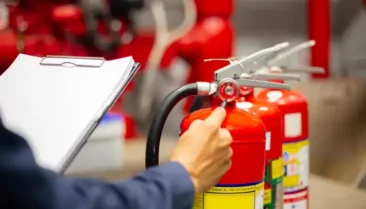
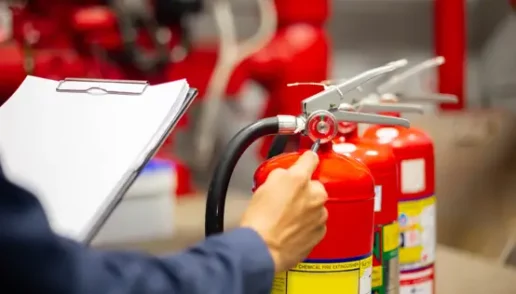
Foam fire extinguishers
Foam extinguishers are recommended for Class ‘B’ fires that involve freely burning material and flammable liquids such as petrol, paint and solvents.
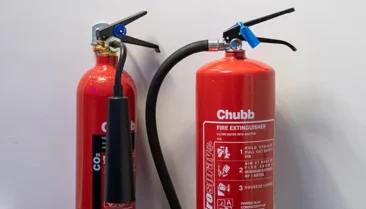
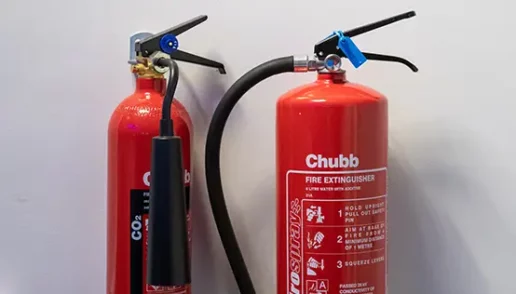
Powder fire extinguishers
Powder fire extinguishers are highly effective for Class ‘A’ and ‘B’ fires, but not suitable for fires that involve electrical equipment.
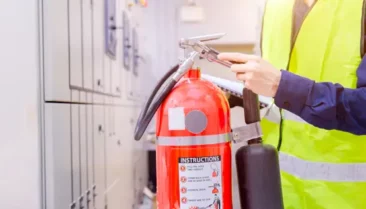
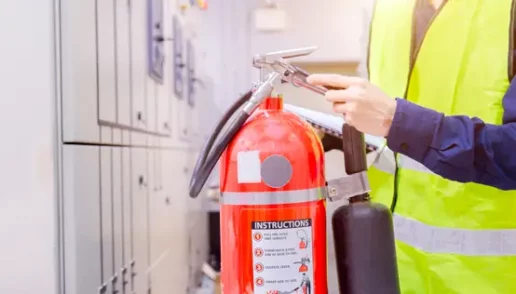
CO2 fire extinguishers
Carbon Dioxide extinguishers are highly recognized for their cleanliness and reputable performance and are useful where Class ‘B’ electrical fires breakout.